Introduction to Thymogam 250mg Injection
Thymogam 250mg Injection
comprises the active component Antithymocyte Immunoglobulins, sourced from a purified and sterile form of gamma globulin. It is obtained from hyperimmune plasma derived from horses immunized with human white blood cell components. This medication is utilized post-kidney transplantation and other therapies to manage and deter organ rejection. Following solid organ transplantation, the body mounts a vigorous immune response, perceiving the transplanted organ’s antigens as foreign. Consequently, immunosuppressive treatment is imperative post-transplantation to forestall organ rejection.
Aplastic anemia is a condition characterized by insufficient blood cell production in the bone marrow. Thymogam 250mg Injections are employed in the treatment of severe aplastic anemia to suppress the immune system and mitigate the immune-mediated destruction of bone marrow cells. This aids in restoring normal blood cell production. The use of Thymogam 250mg Injection
can reduce the necessity for high doses and prolonged usage of corticosteroids in immunosuppressive therapies, thereby minimizing associated side effects and risks. Individuals with a known hypersensitivity or history of severe allergic reactions to Thymogam 250mg Injection
or any of its components should refrain from its use. During treatment, live vaccines are generally best avoided. Moreover, individuals with active infections, especially severe or systemic ones, should only receive the injection until the infection is adequately treated and resolved.
Uses of Thymogam 250mg Injection
- Organ Transplantation (prevention of organ rejection)
- Aplastic Anemia
- Renal Allograft Rejection (kidney rejection)
- Autoimmune Hemolytic Anemia (type of blood disorder)
- Myasthenia Gravis (bone disorder)
Therapeutic Effects of Thymogam 250mg Injection
The therapeutic action of Thymogam 250mg Injection
involves suppressing the immune response through targeted depletion of T lymphocytes. This mechanism proves beneficial in preventing organ rejection in solid organ transplantation, thereby enhancing transplantation success and improving graft survival rates.
Moreover, Thymogam 250mg Injection
is employed in treating conditions such as aplastic anemia and graft-versus-host disease (GVHD), where the immune system targets the body’s cells or tissues. By modulating the immune response, it reduces immune-mediated damage, alleviates symptoms, and facilitates the restoration of normal cell production.
Interaction of Thymogam 250mg Injection with other drugs
Be sure to inform your healthcare provider about all medications you are currently taking, including prescription drugs, over-the-counter medications, nutritional supplements, vitamins, and herbal products. Some medications may interact with Thymogam 250mg Injection
, potentially diminishing its effectiveness and causing adverse effects.
More Information about Thymogam 250mg Injection
- Store in refrigerated conditions between 2°C and 8°C (36°F to 46°F).
- Protect the medicine from light and excessive moisture.
- Keep the medicine out of reach of children and pets
- Take only a partial dose to compensate for a forgotten dose.
How to consume Thymogam 250mg Injection
Thymogam 250mg Injections are usually given intravenously in a hospital or clinical environment. The dosage and infusion rate will be determined by your healthcare provider, taking into consideration factors such as the condition being treated, your body weight, and how you respond to the medication.
Safety Advices for Thymogam 250mg Injection

Pregnancy
If you are taking Thymogam 250mg Injection and are planning to become pregnant or are already pregnant, it is important to discuss this with your healthcare professional.

Breast Feeding
If you are breastfeeding and require Thymogam 250mg Injection treatment, discussing your specific circumstances with your healthcare provider is crucial.

Liver
Thymogam 250mg Injection should be used cautiously in individuals with liver impairment or pre-existing liver disease. This is because this medication is primarily metabolized in the liver, and impaired liver function can affect the metabolism and clearance of the medication from the body.

Alcohol
It is unsafe to drink alcohol while taking Thymogam 250mg Injection. It may reduce the drug’s effectiveness and can cause toxic side effects.

Driving
Thymogam 250mg Injection can cause dizziness. It is recommended to avoid driving and operating heavy machinery during the treatment.
Side Effects of Thymogam 250mg Injection
Side effects are unwanted symptoms caused by medicines. Even though all drugs cause side effects, not everyone gets them.
Serious
- Allergic reactions
- Infections
- Blood disorders (anemia, thrombocytopenia)
- Kidney dysfunction
- Neurological complications
Common
- Urinary tract infection
- Stomach pain
- High BP
- Nausea
- Fever, headache, and chills
- Anxiety
- Skin reactions
Word of Advice
Always seek advice from a qualified healthcare professional before using Thymogam 250mg Injection or any other medication. Close monitoring for infections is crucial due to the heightened risk associated with immunosuppression. It is recommended to regularly assess liver function, kidney function, and blood counts to detect potential hepatotoxicity, drug-induced liver injury, renal dysfunction, or blood disorders. Anticipating and managing infusion-related reactions is important. Pregnant and breastfeeding women should consult a doctor before using it. Special attention is required for pediatric and geriatric patients. Monitoring for psychological effects is necessary, and close consultation with healthcare professionals is essential for safe and effective use. Open communication and collaboration with your healthcare team are vital for ensuring the safest and most effective medication usage.
FAQs
Q 1. How can I minimize the risk of infections while on Thymogam 250mg Injection therapy?
It is important to follow proper hygiene practices to reduce the risk of infections, such as frequent handwashing and avoiding close contact with contagious individuals. Inform your healthcare provider about any signs of infection, such as fever, cough, or sore throat, for prompt evaluation and appropriate treatment.
Q 2. Can a Thymogam 250mg Injection cause long-term kidney or liver damage?
While Thymogam 250mg Injection can potentially cause kidney or liver dysfunction, the risk of long-term damage is generally low. However, regular monitoring of kidney and liver function is important during the treatment to detect any early signs of impairment. Report any significant changes in urinary output or jaundice (yellowing of the skin or eyes) to your healthcare provider.
Q 3. What steps can be taken to minimize infusion-related reactions?
Infusion-related reactions, such as fever and chills, can occur during Thymogam 250mg Injection administration. Slowing down the infusion rate, pre-medicating with antihistamines or corticosteroids, or using other supportive measures as your healthcare provider recommends can help minimize these reactions.
Fact Box
Molecule name: Antithymocyte Immunoglobulins
Pharmacological class: Immunosuppressant agents.
Therapeutic class: Immunosuppressants
Indications:
1. Organ Transplantation (prevention of organ rejection)
2. Aplastic Anemia
3. Renal Allograft Rejection (kidney rejection)
4. Autoimmune Hemolytic Anemia (type of blood disorder)
5. Myasthenia Gravis (bone disorder)

 MEDICINES
MEDICINES PATIENT ASSISTANCE PROGRAMS
PATIENT ASSISTANCE PROGRAMS IMPORTED MEDICINES
IMPORTED MEDICINES CONTACT US
CONTACT US Upload
Upload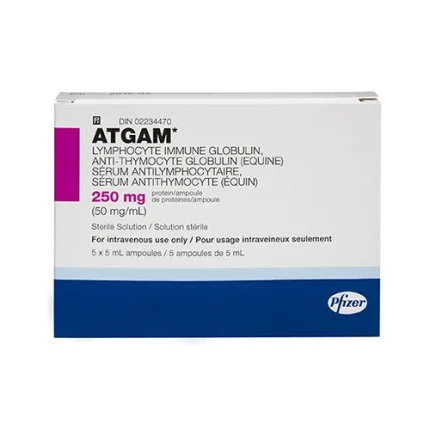
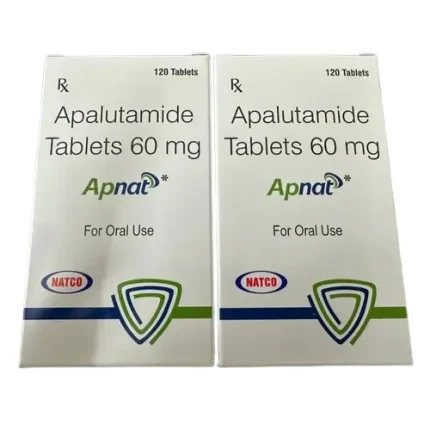
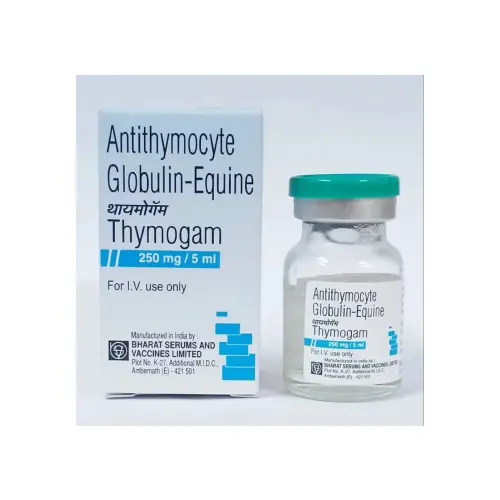


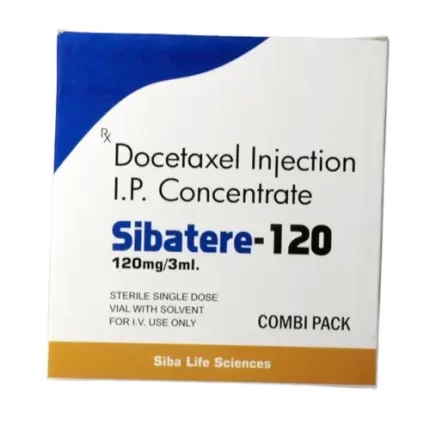
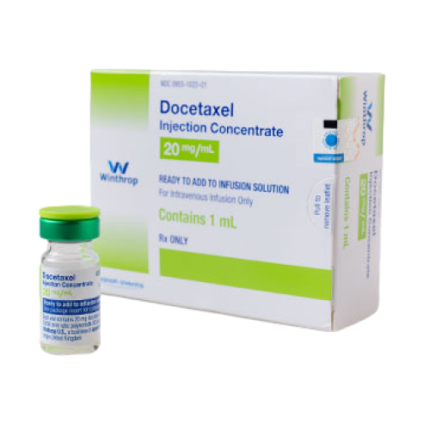
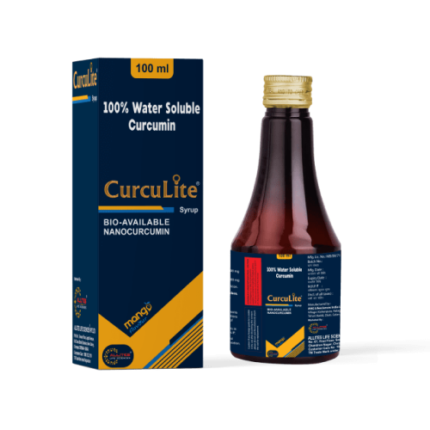


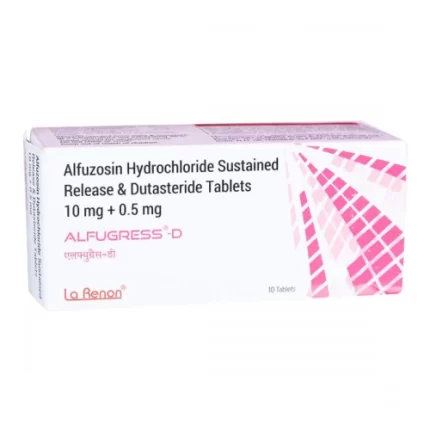
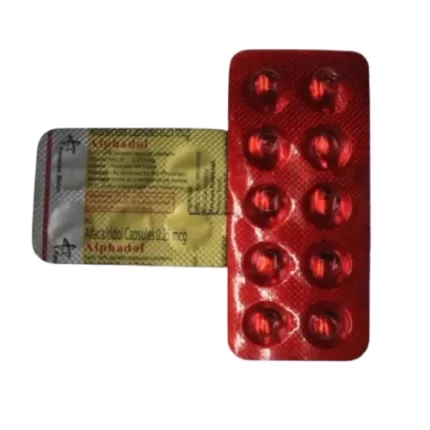
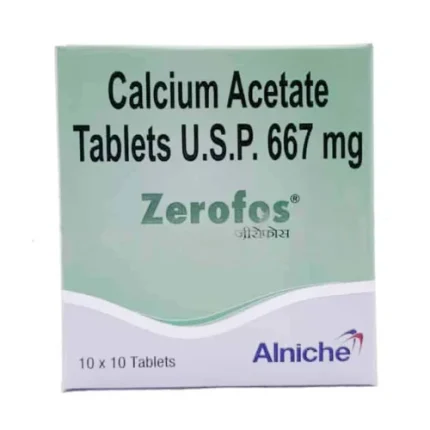
Reviews
There are no reviews yet.